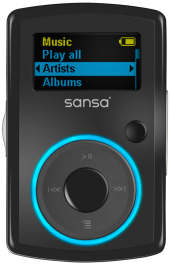
At the end of July 2009, Scott Cantor contacted us in the curl project and pointed out a security flaw in libcurl (in code that was using OpenSSL to verify server certificates). Having read his explanation I recalled that I had witnessed the discussion on the NSS list about this problem just a few days earlier (which resulted in their August 1st security advisory). The problem is basically that the cert can at times contain a name with an embedded zero in the middle, while most source code assumes plain C-style strings that ends with a zero. This turns out to be exploitable, and is explained in great detail in this document (PDF).
I started to work on a patch, and in the mean time I talked to Simon Josefsson of the GnuTLS team to see if GnuTLS was fine or not, only to get him confirm that GnuTLS did indeed have the same problem.
So I contacted vendor-sec, and then on the morning of August 5 I thought I’d just make a quick check how the other HTTPS client implementations do their cert checks.
Wget: vulnerable
neon: vulnerable
serf: vulnerable
So, Internet Explorer and Firefox were vulnerable. NSS and GnuTLS were. (OpenSSL wasn’t, but then it doesn’t provide this verifying feature by itself) (lib)curl, wget, neon, serf were all vulnerable. If that isn’t a large amount of the existing HTTPS clients then what is? I also think that this shows that it would be good for all of us if OpenSSL had this functionality, as even if it had been vulnerable we could’ve fixed a busload of different applications by repairing a single library. Now we instead need to hunt down all apps that use OpenSSL and that verify certificate names.
Quite clearly we (as implementers) have all had the same silly assumptions, and quite likely we’ve affected each other into doing these sloppy codes. SSL and certificates are over and over again getting hit by this kind of painful flaws and setbacks. Darn, getting things right really is very very hard…
(Disclaimer: I immediately notified the neon and serf projects but to my knowledge they have not yet released any fixed versions.)



 a Clip
a Clip
 Warning: blog post with no clear conclusion!
Warning: blog post with no clear conclusion! 